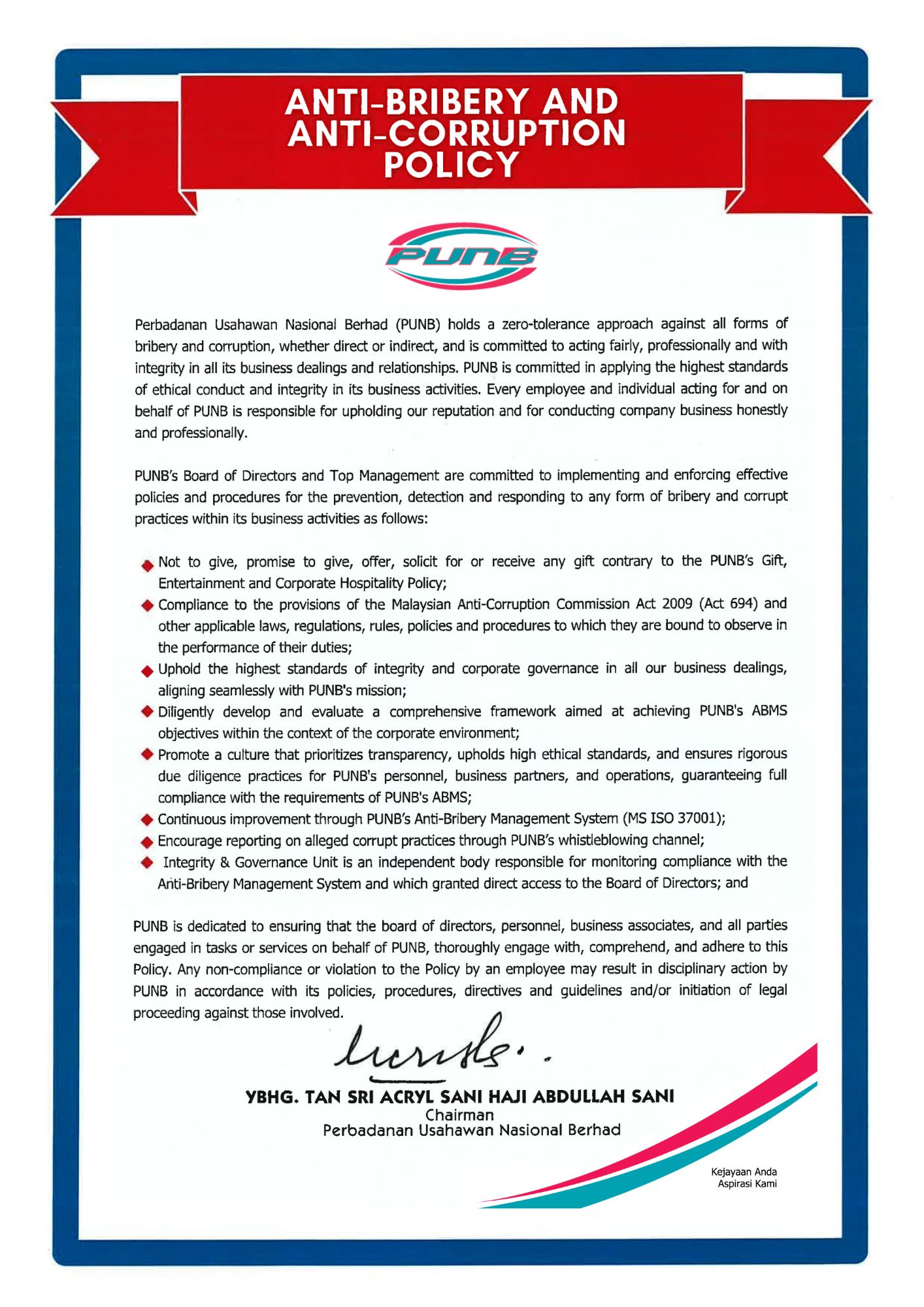Kepimpinan dalam konteks perniagaan merujuk kepada proses atau kemahiran seseorang untuk mengarahkan, mempengaruhi dan memotivasi pasukan atau organisasi untuk mencapai matlamat yang ditetapkan. Kepimpinan memainkan peranan penting dalam kejayaan dan pertumbuhan perniagaan. Berikut adalah lima sebab mengapa kepimpinan penting dalam perniagaan:

Secara keseluruhan, kepimpinan yang kuat adalah asas yang penting dalam memastikan pertumbuhan, kestabilan dan kejayaan jangka panjang sebuah perniagaan.



















